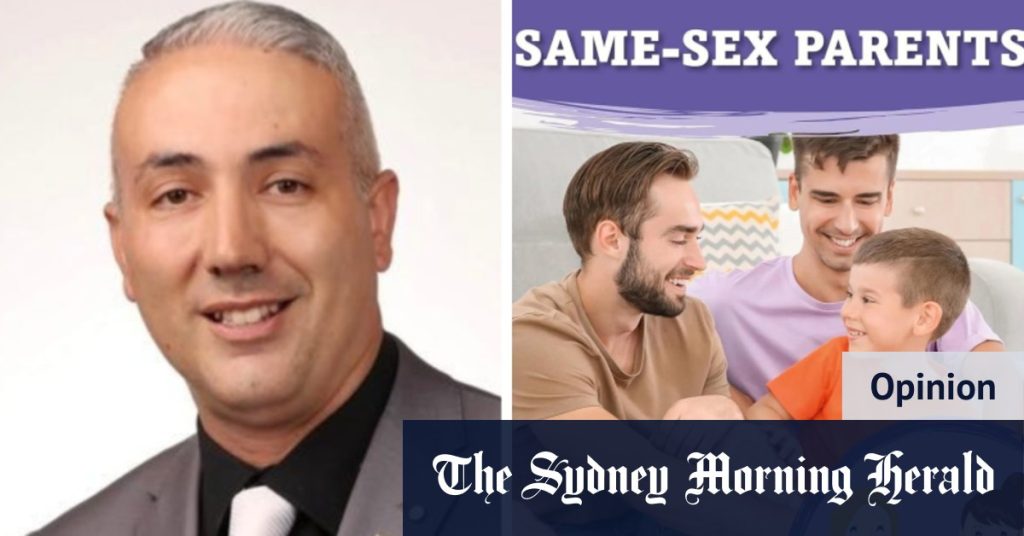In 2017, the majority of Australian voters supported same-sex marriage in a postal survey, with 61.7% in favor. However, 17 electorates voted no, with twelve of them located in western Sydney. The highest no votes were in seats such as Blaxland, Watson, McMahon, Werriwa, Fowler, and Parramatta. This region emerged as the heart of Australia’s no-voting sentiment, contrasting with the typical perception of redneck areas in other parts of the country.
Councillor Steve Christou led a vote to ban the book “Same-Sex Parents” by Holly Duhig from council libraries, despite admitting he had not read the book. The electorates of Blaxland, McMahon, Parramatta, and Greenway, part of the Cumberland Council area, were represented by the councillors who supported the ban. This move sparked outrage and debates about censorship and homophobia within the community, with some questioning the motivations behind the decision.
Amidst calls to condemn the book ban and draw parallels to historical book burnings and censorship movements, the response to the situation was divided. While some saw it as an opportunity to champion Australia’s progress in marriage equality and criticize the ban as discriminatory and regressive, others questioned the effectiveness of such arguments in reaching the dissenting voices in areas like western Sydney. The discussion highlighted the complexities of addressing issues of representation, democracy, and minority rights within a diverse society.
The concern over book censorship raised broader questions about the limits of democratic representation and the protection of minority rights. The decision by Cumberland Council to ban a book on same-sex parenting prompted reflections on the concept of “tyranny of the majority,” where the interests of the majority may override those of minority groups. This debate also raised the question of whether similar censorship measures could be applied to other controversial topics or authors, highlighting the importance of upholding freedom of expression and diverse voices in public discourse.
While the ban on a book about same-sex parenting in Cumberland Council sparked outrage and debates over censorship and representation, the broader issue of protecting minority rights and freedom of expression in democratic societies remains a complex and ongoing challenge. The need to listen to and engage with dissenting voices, rather than simply dismissing them, is crucial in addressing divisive issues and ensuring that all members of society are heard and respected. Ultimately, the controversy in western Sydney sheds light on the tensions between majority rule and minority rights in shaping public policy and decision-making.


